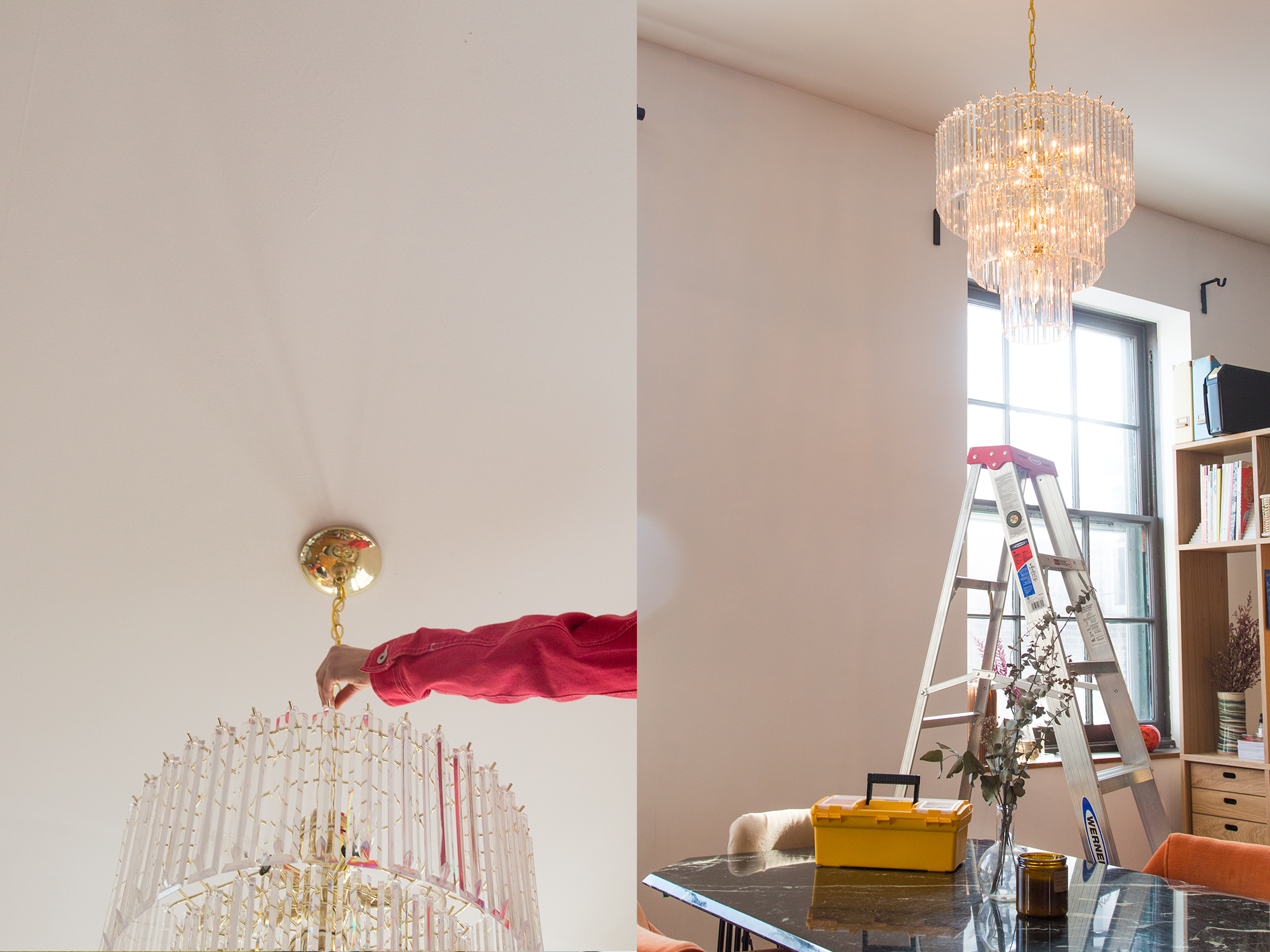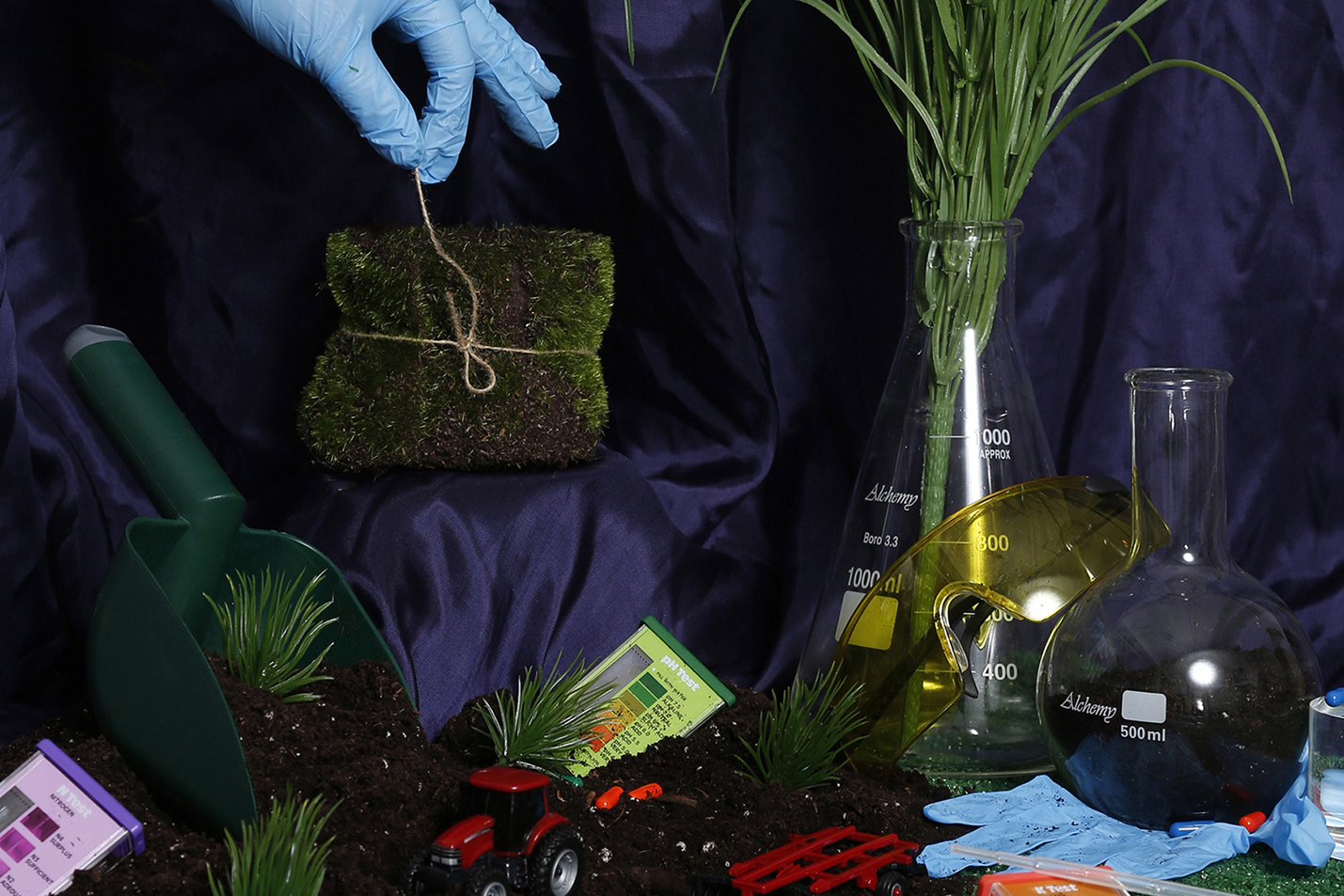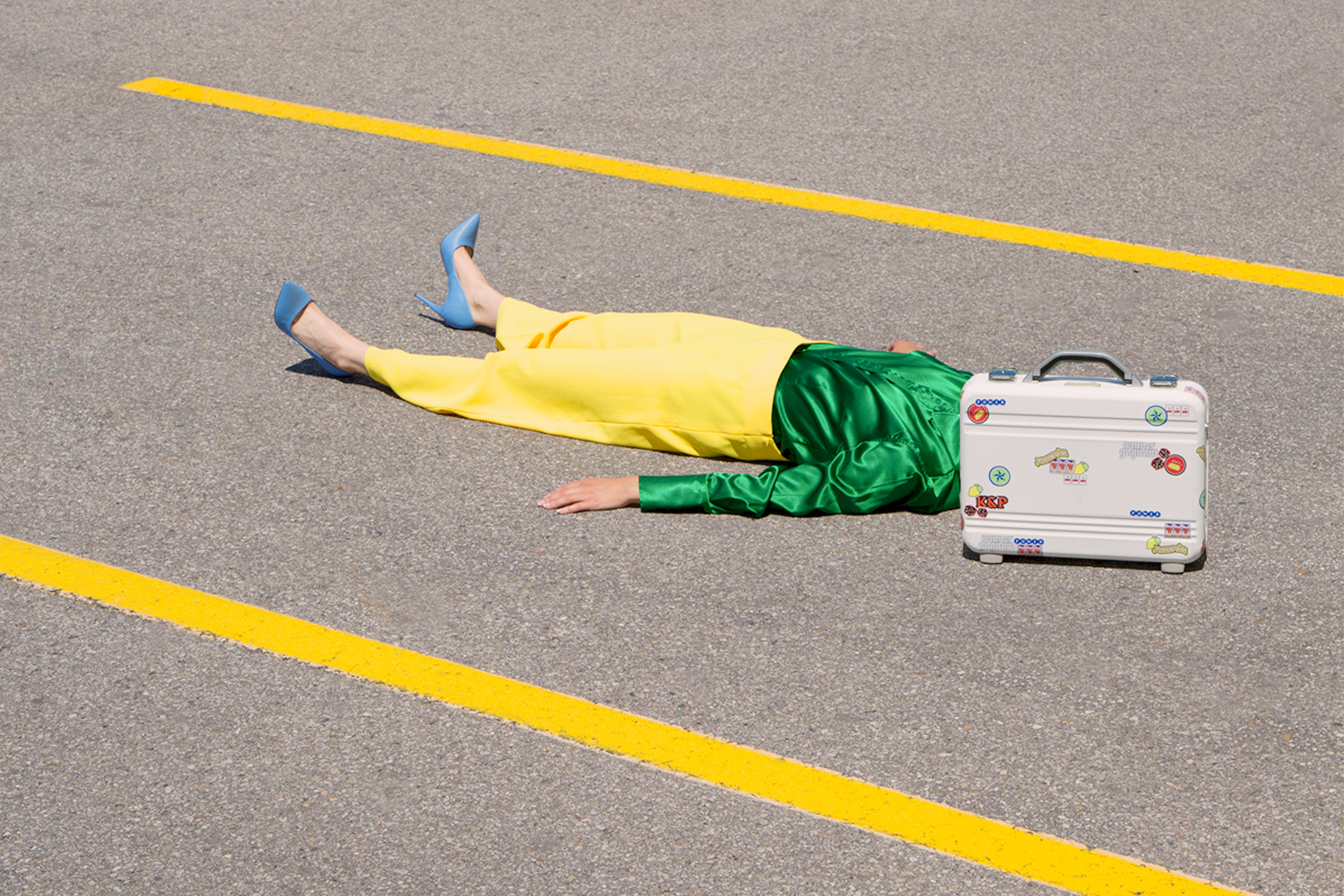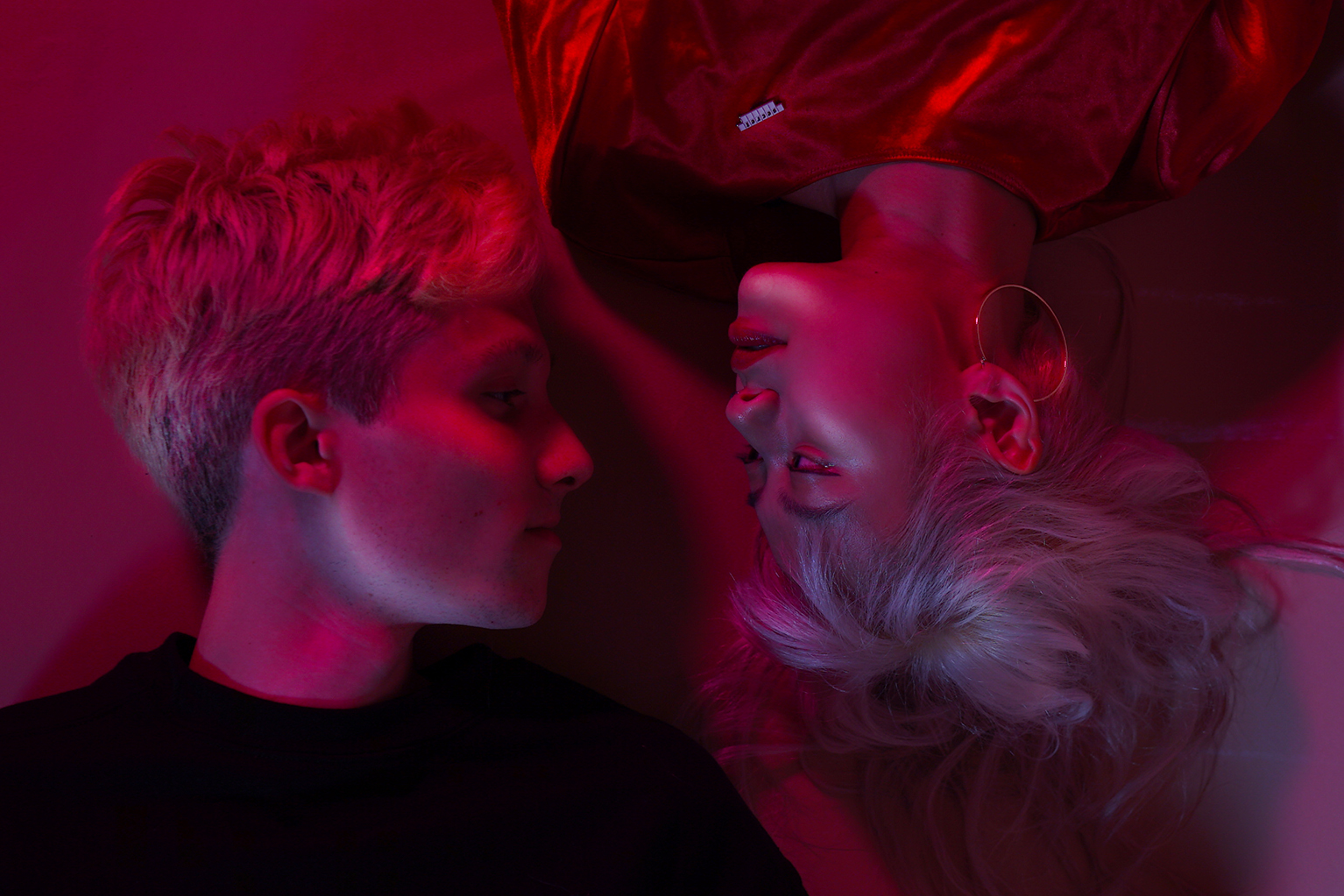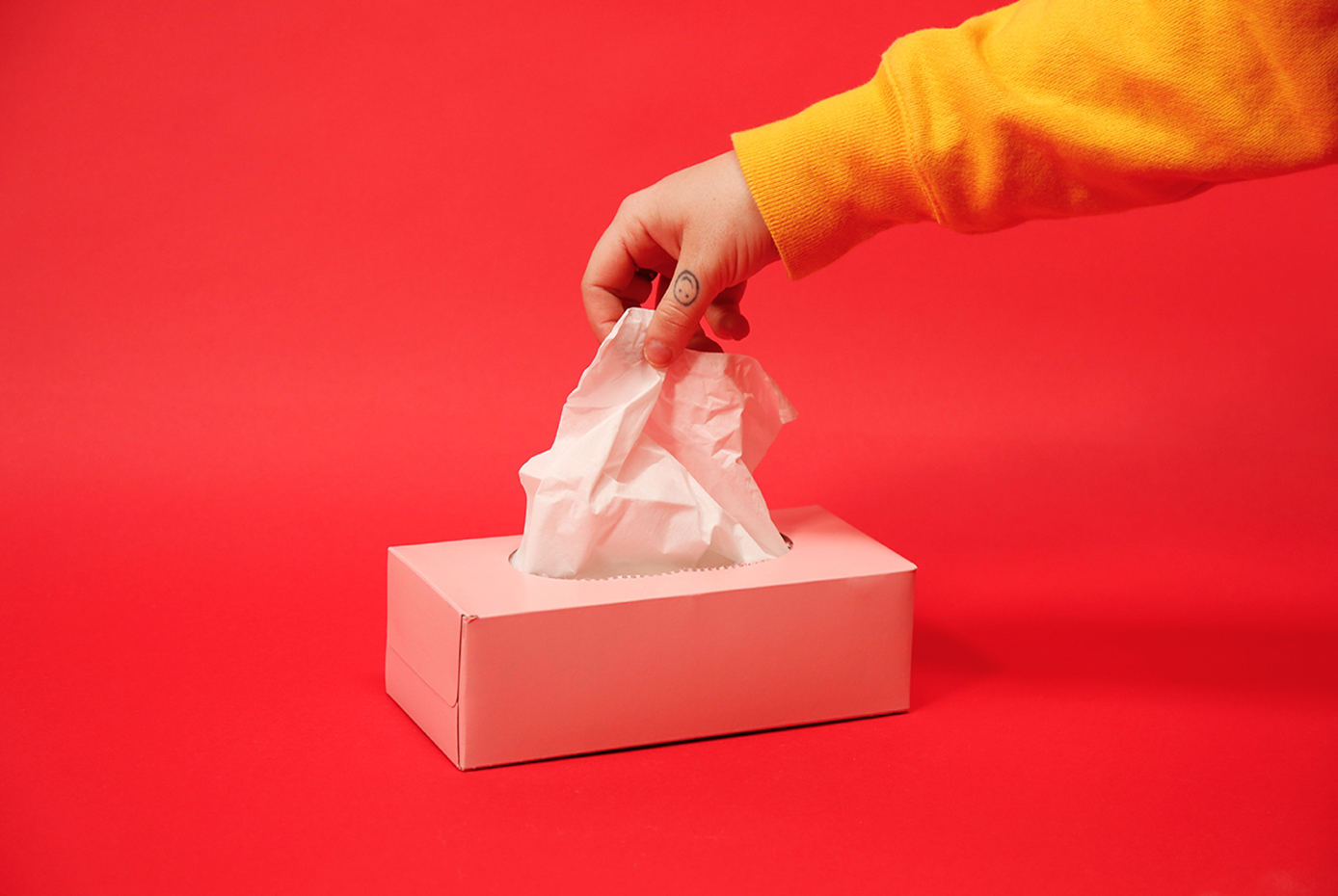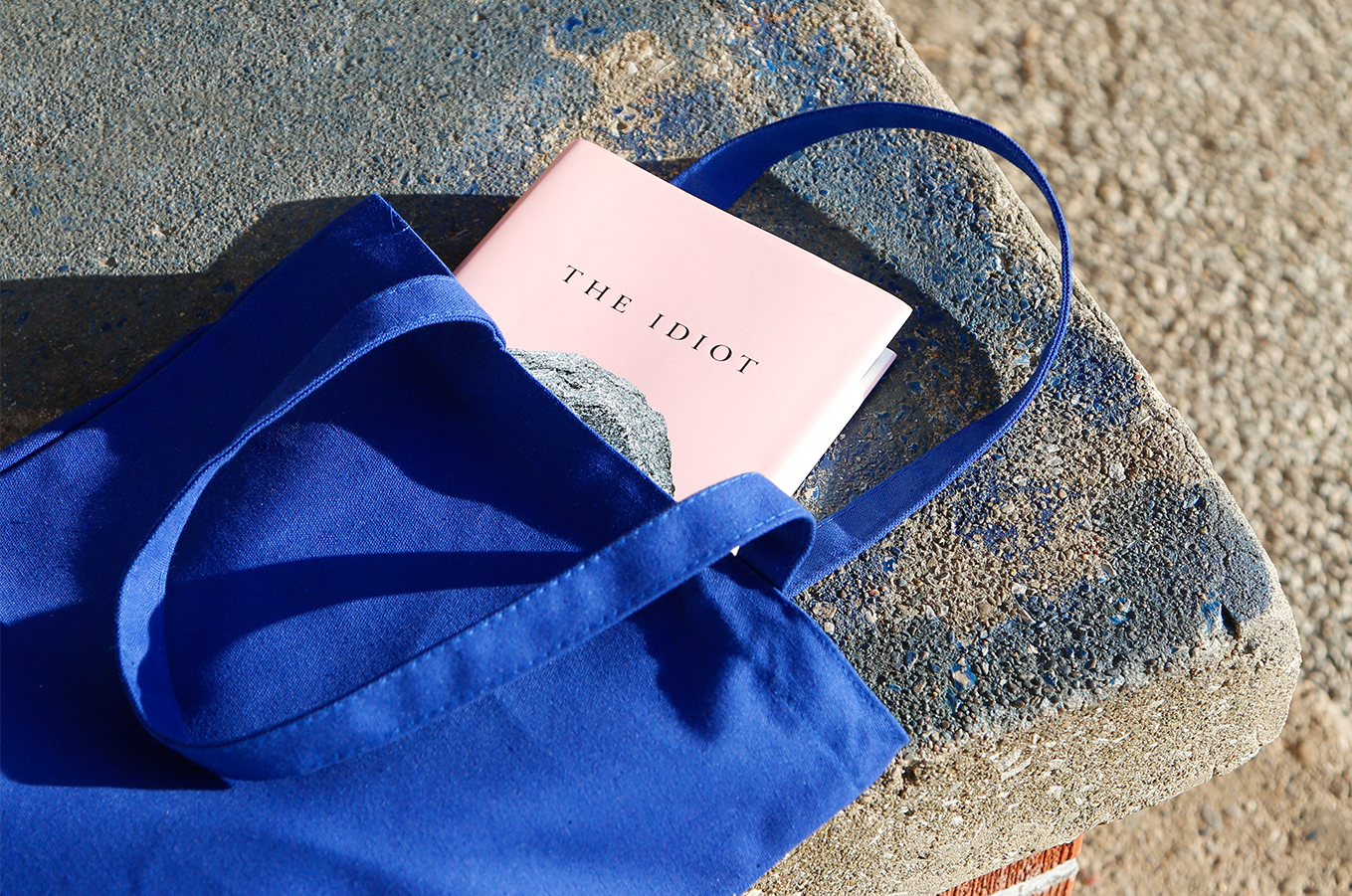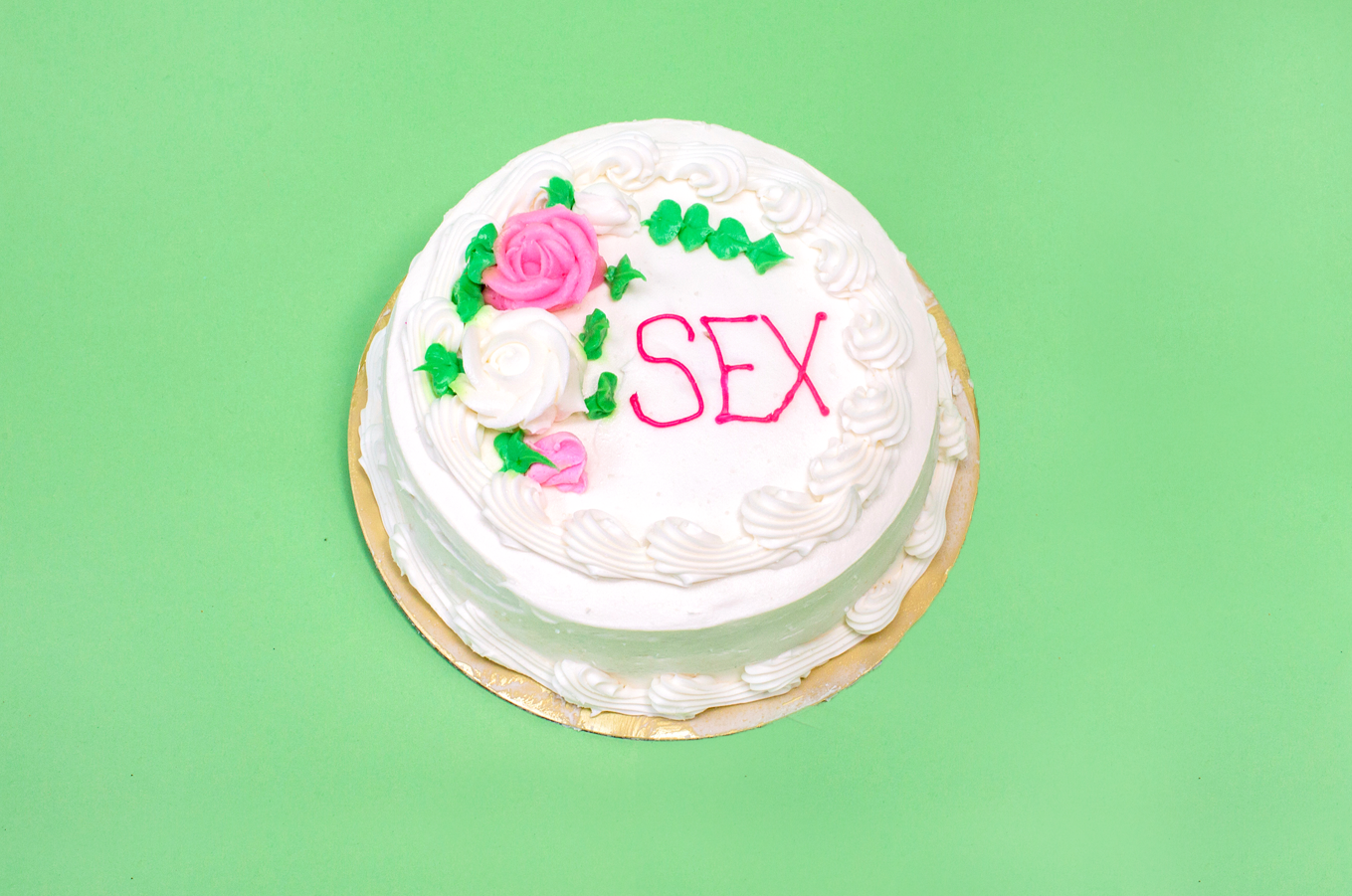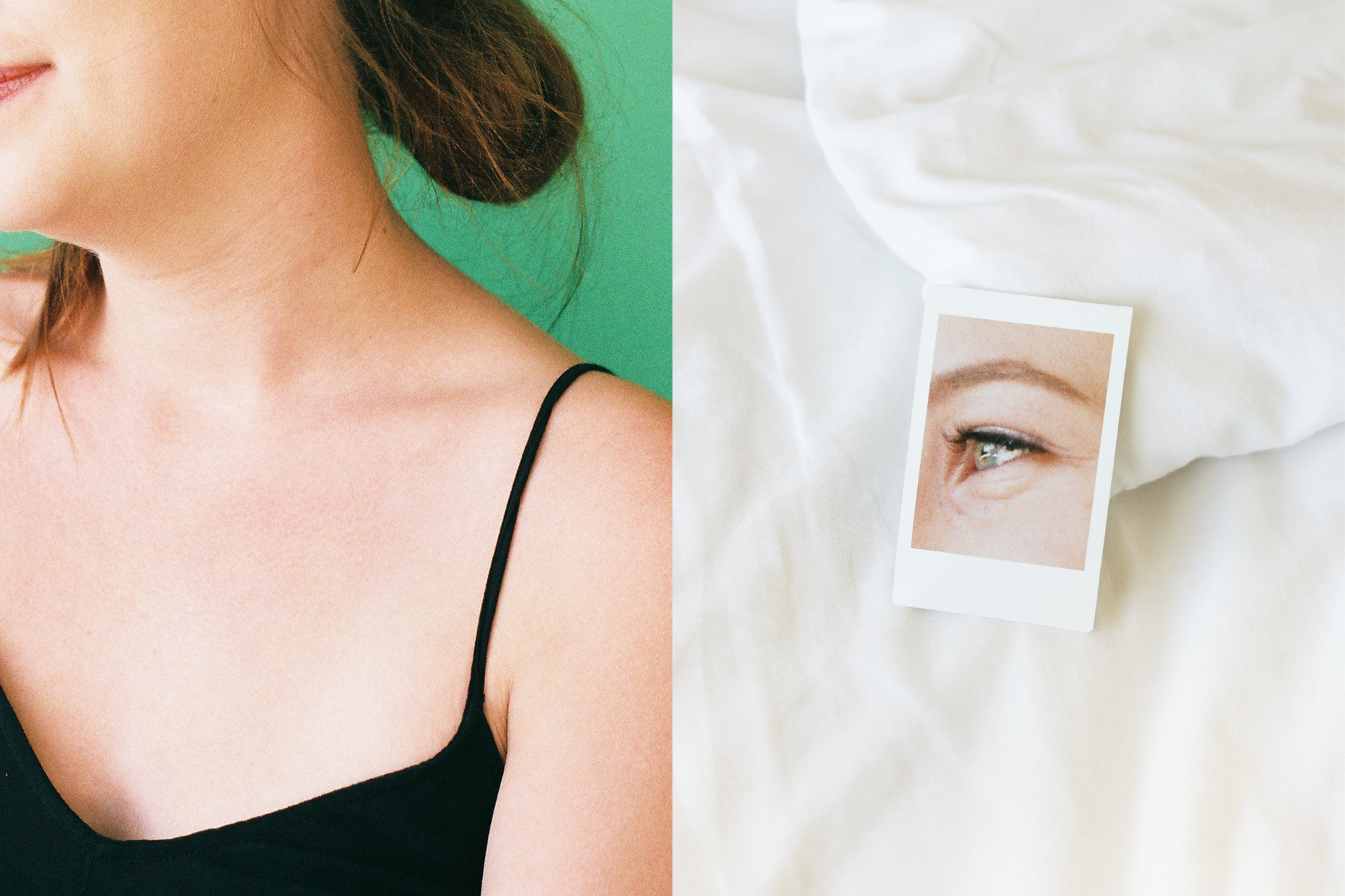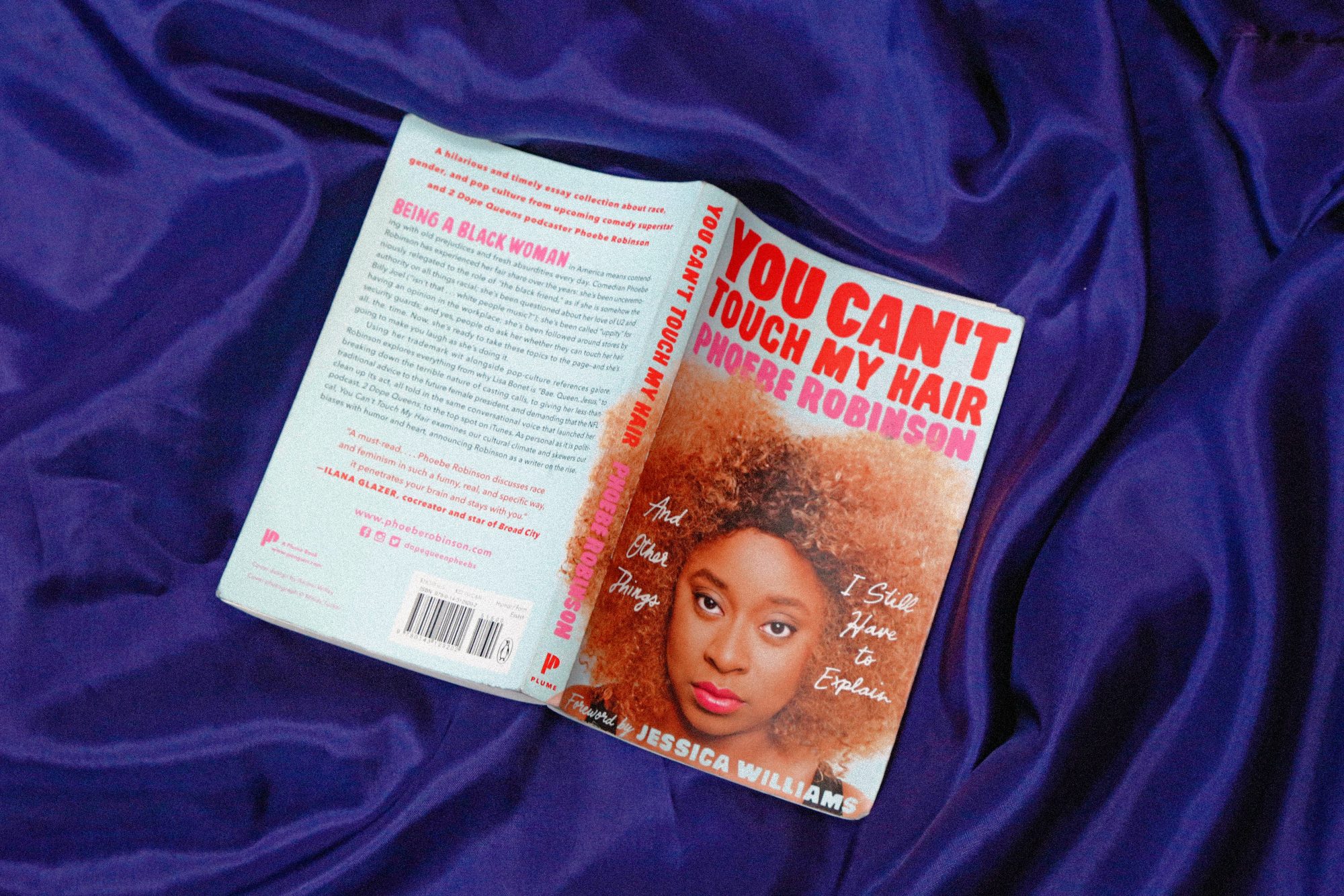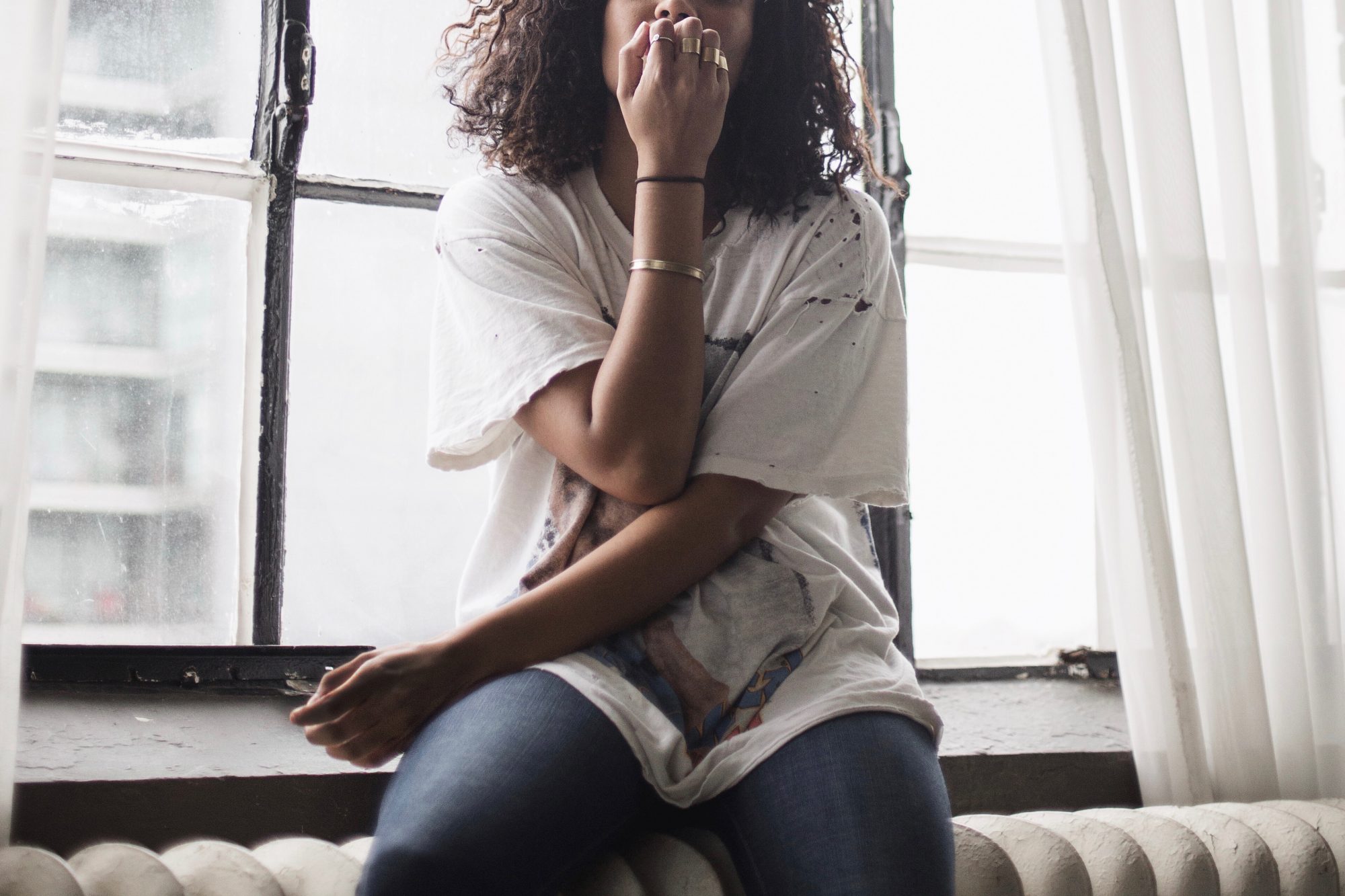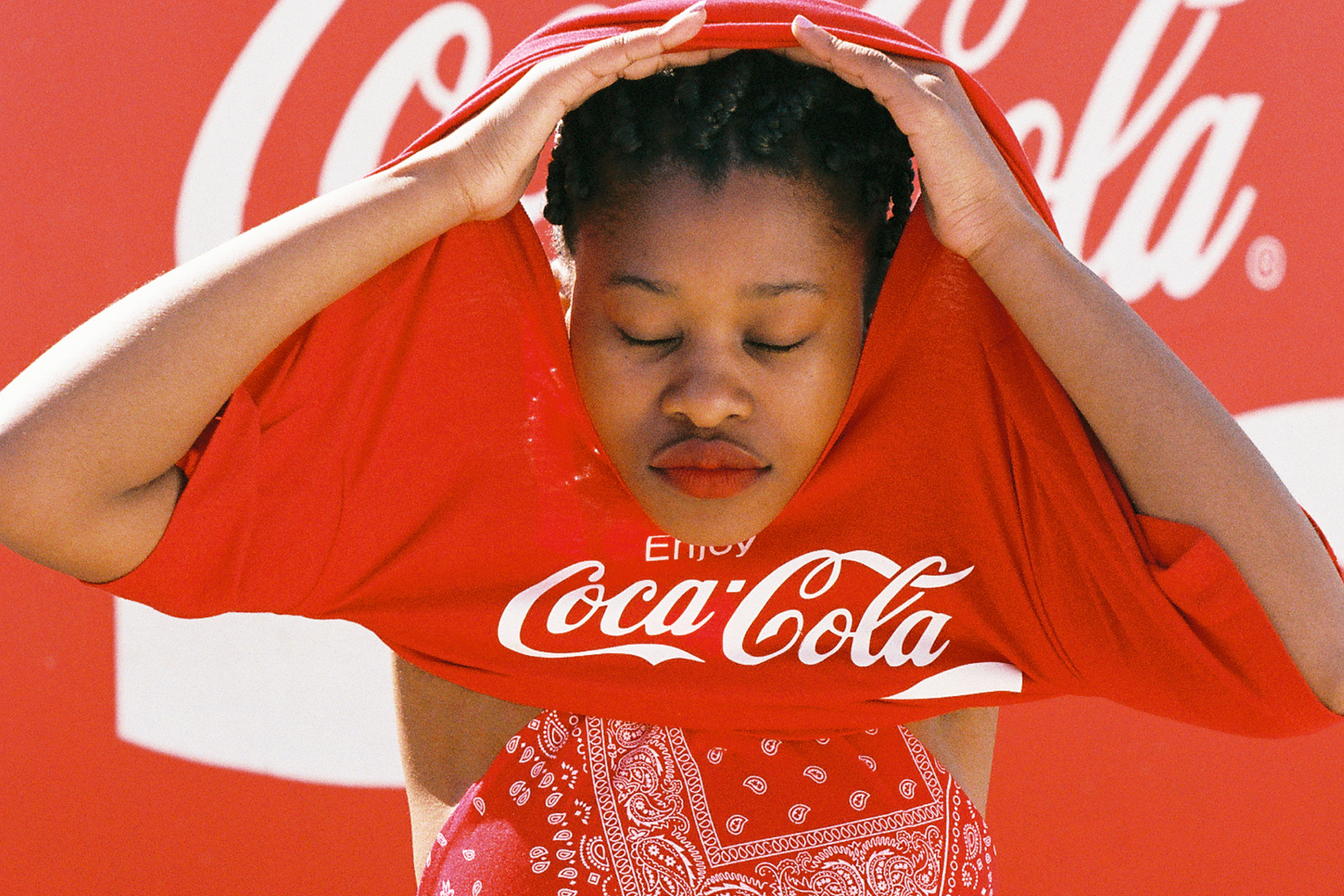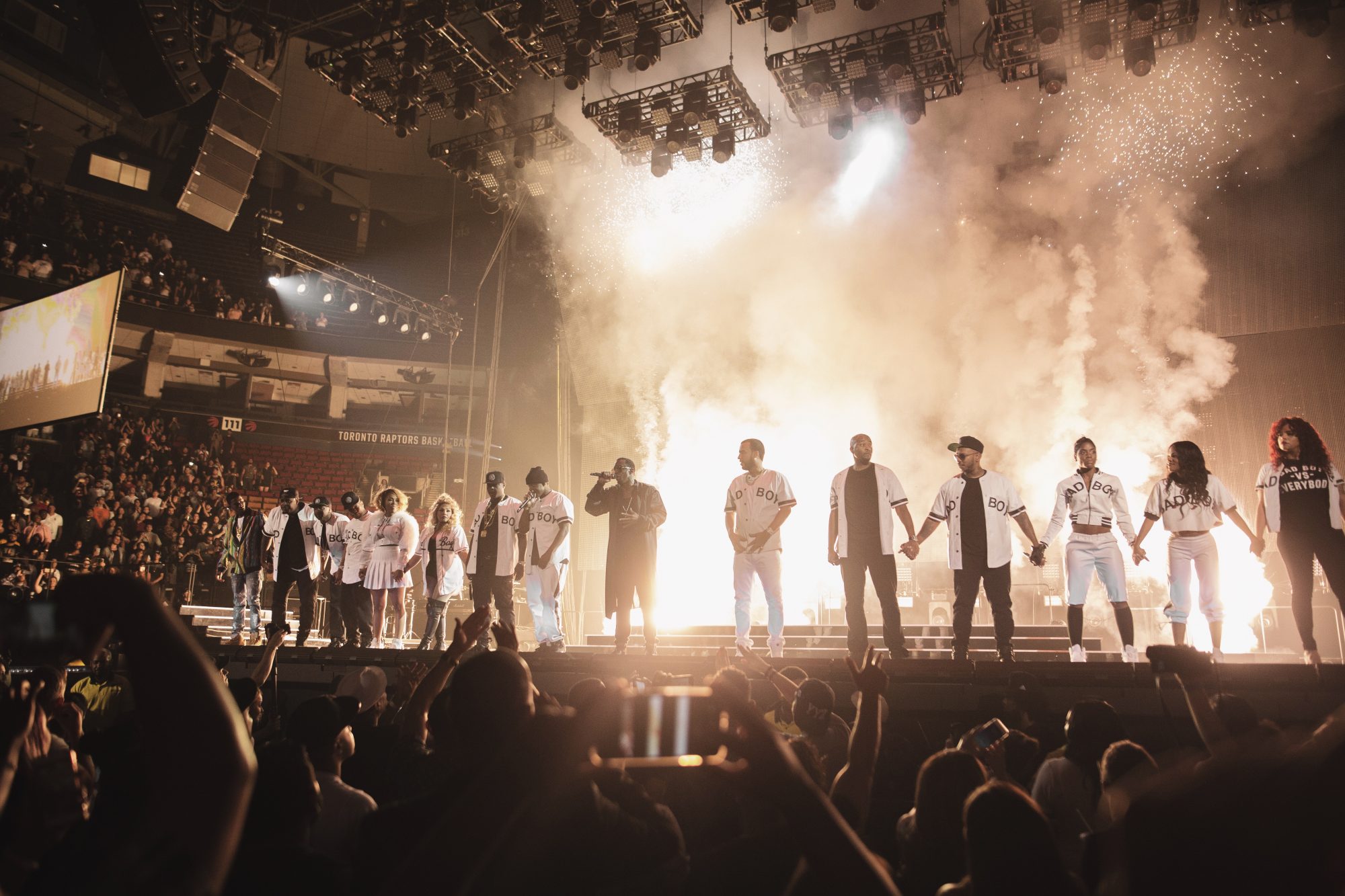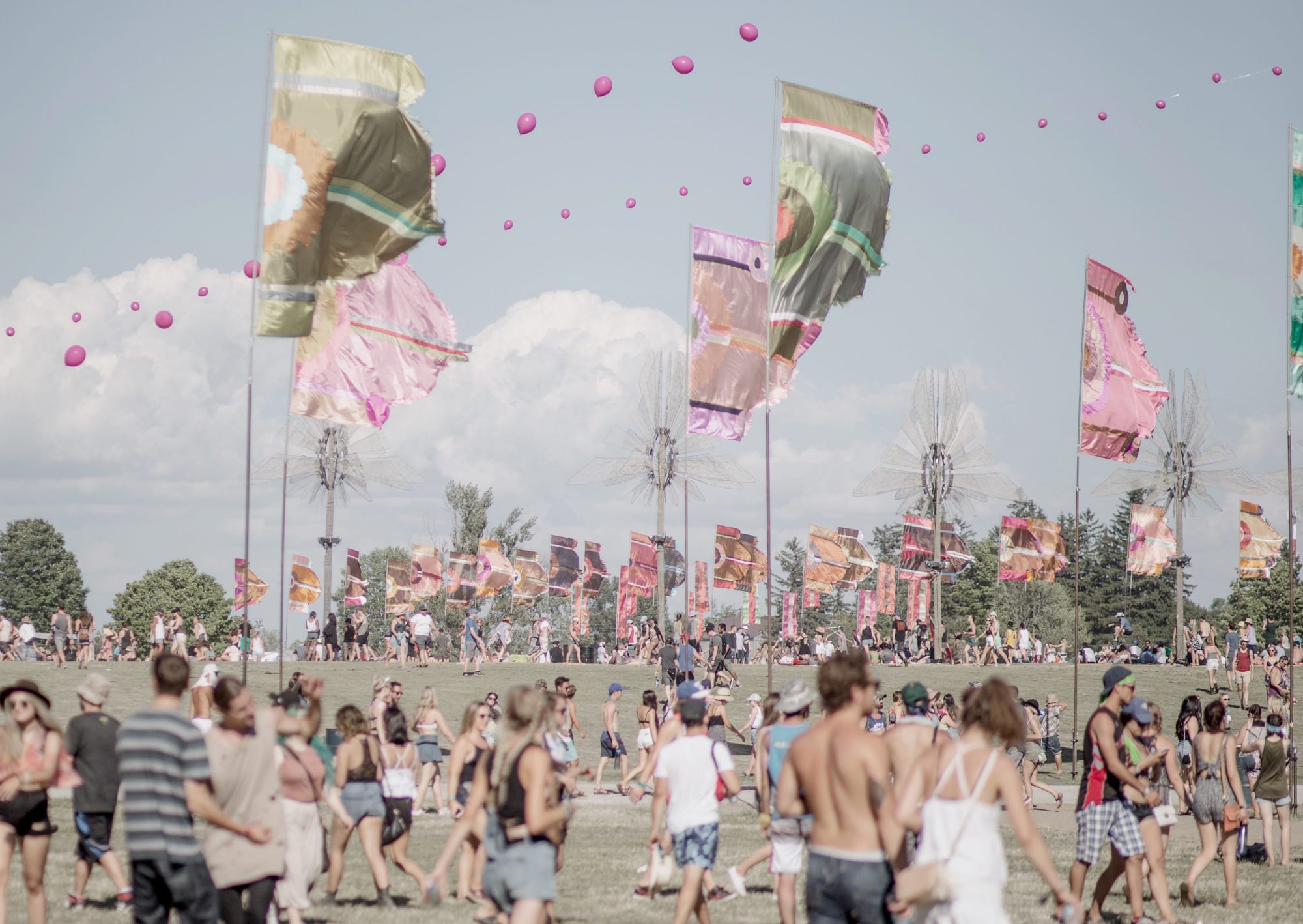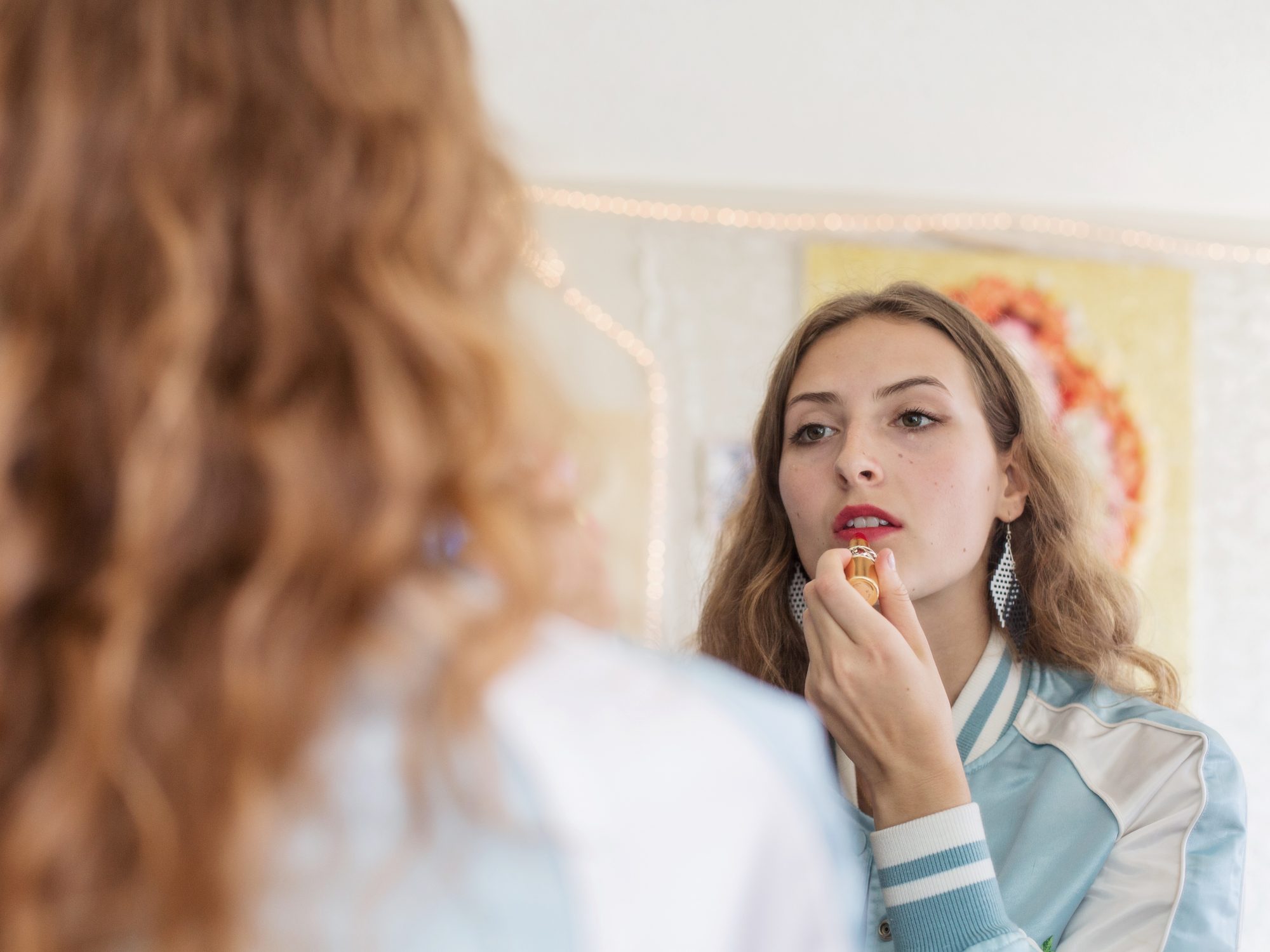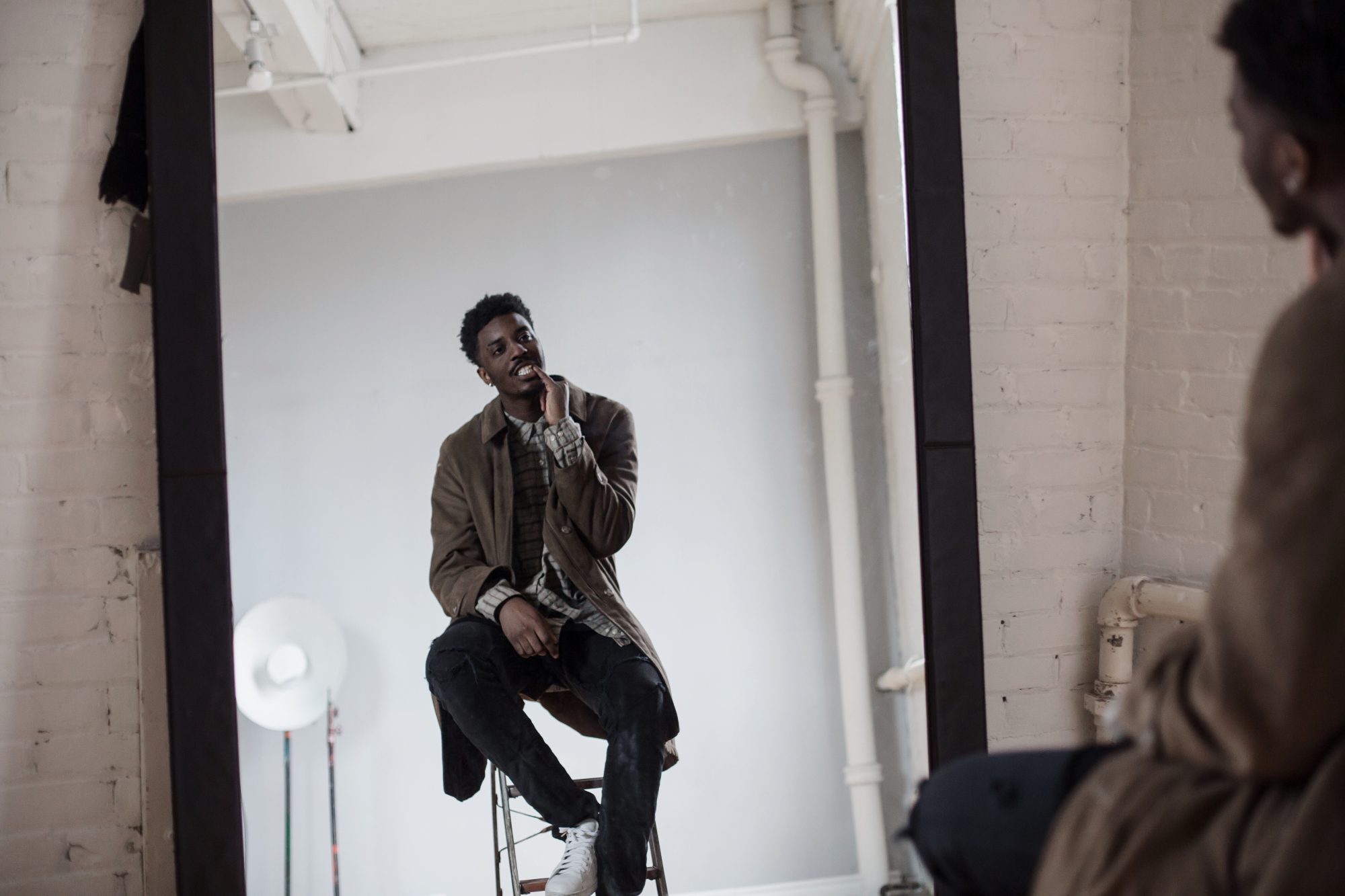Photo Stories
Sex Talk: “Virginity” Has Got To Go — Immediately
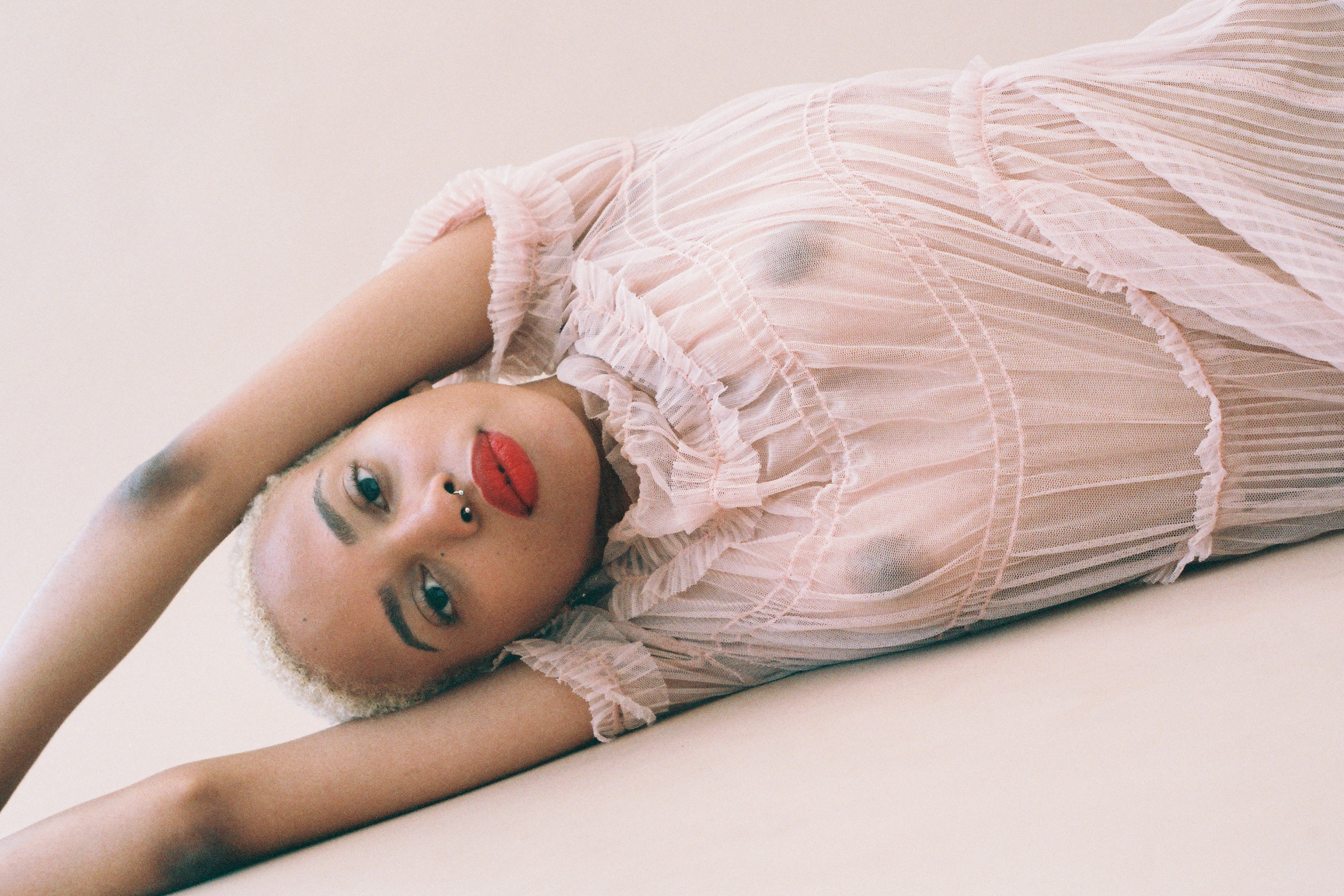
By losing “virginity”, I don’t mean everyone should get deflowered right this second; rather, I’m talking about the antiquated term itself. Dating back to the 1200s (first coined to describe the sexual innocence of a woman, before also being applied to a chaste man a few centuries later), virginity has become an outdated concept. We need to consciously change this item in our vocabulary, because it’s unconsciously fucking us up.

Prior to writing this, I never thought about my own virginity (or lack thereof). One day I had it, the next day I didn’t. There was no magical transformation or life-changing moment in between. Suffice to say, I was completely oblivious to its impact on me, let alone on society. But that’s just me. For dozens of other people I spoke to, the concept of virginity had affected them in a multitude of ways. To my surprise, despite coming from all walks of life (each representing different age groups, gender identities, sexual orientations, ethnicities, and religious beliefs), everyone’s bottom line was the same: “virginity” as a social construct has done more damage than it’s worth.

It’s highly subjective.
How we relate to sex is subjective, therefore it’s hard to define “virginity” across a standardized spectrum. There is no one-size-fits-all scenario.
When asked about virginity, people gave me answers based on their individual life experiences. Some associated it with the abstinence of penetrative sex, some with never having experienced an orgasm, and some with never having touched oneself, or been sexually stimulated at all. I consider having lost mine breaking my hymen in a gnarly bike accident at 10 years old.
A handful of the people I spoke to had complex responses to the question.
“I lost my virginity at many ages. I guess I have a staggered criteria where I feel like it happened. Once at 14 years old, when I fooled around with somebody; another time at 20, when I first had penetrative sex; and another time at 24, when I had sex with somebody I love who reciprocated that love back” Devan Díaz, a trans woman, told me.
“Because I bypassed the gender binary in so many ways, I made up my own rules. As a transgender person, you’re always told you’re one thing but know yourself to be another, so you gain this attitude that your own word is the most valuable.”

It’s sexist.
The origin of “virginity” used to only apply to women, and while the modern definition includes men, it doesn’t quite have the same social implications or significance. Historically, virginity was (and in many cultures, still is) viewed as a twisted form of currency women retain for marriage. On a wedding day, fathers “gave” it over to their daughter’s husbands, ultimately making the female body a commodity for men to profit off. In some cases where a woman objected, she would be exiled or killed for bringing shame to her family.
“There’s a gender binary in ‘virginity.’ For men, if you still have it at a certain age, you’re deemed gay or have no game. For women, it’s prized and fetishized,” Jake Kivanç points out, noting the duality between misogyny and toxic masculinity that exists in today’s societal view of virginity.
“Either way, it cultivates inner turmoil. Overall, the concept is detrimental to most people.”
Virginity is a double standard that estimates the worth of men and women based on their sex life. Men are socially rewarded for having sex; women are punished. He’s a smooth talker; she’s a slut. For this reason, the idea is also heteronormative — it assumes that penis-in-vagina sex is the only real type of sex, thereby labelling all other forms as deviations. Virginity actively discounts queer experiences and reinforces that heteronormative sex should be the standard for sexual expression, which ultimately helps to act as a lens through which society views queer people in general.

It’s pejorative.
The Oxford definition of virginity is “the state of being innocent.” When you look up innocence, the definition is “lack of corruption.” Therefore, the loss of virginity is equated to becoming corrupt in society’s eyes. But aside from cases of rape or sexual assault, the notion that sex can be corrupt or destructive is ludicrous. It’s the reason we’re alive in the first place, and it’s an activity we all indulge in.
KAMAU, a poet and musician, summed that idea up to me wonderfully.
“There’s so much data in the places we don’t look; in the things we put on autopilot. The words we use to weave what we say have just as large – if not larger – of an effect than their literal meanings. How we unknowingly feel about words has a huge impact on the subtext of our thoughts; they shape our mindset.”
By classifying pre-sexual persons as pure and virgin — and viewing the “first time” as losing both of those values — we are making the gross generalization. This is problematic because it reinforces a whole whack of other issues including the devaluing of assault victims, fetishization of youth, and slut-shaming. The term, despite being seen as something holy and to be cherished, is actually destructive in its mechanism. It has a net negative effect on everyone.

It shames a beautiful thing.
Despite the majority of people I spoke to agreeing that virginity was an obsolete term, many still expressed nostalgia for their first time(s).
Yazmin Harris said (starry-eyed, nonetheless), “It was monumental when I ‘lost’ my virginity to the woman I’m emotionally intimate with; I feel like I became more in tune with my true self. I didn’t ‘lose’ anything as much as I gained perspective, maturity, and a closer connection to somebody I love.”
Similarly, a man committed to chastity until marriage, articulated his impression of sex in a positive light: “It was created in our best interest; it’s a fun, amazing, and important physical manifestation of intense emotion — I hold it in high regard and I look forward to sharing it with the person I choose to commit to.”
There is a way to relate to virginity without all its negative connotations. By putting archaic terminology to rest, while still respecting individual experiences, virginity can — no pun intended — take on a new life. By viewing the portal of virginity as a positive first step into sexuality, we can return the agency of bodies to women and queer people, we make room for a more open discourse around sexuality, and we can begin to build a world that regards sex as sublime, not subhuman.




